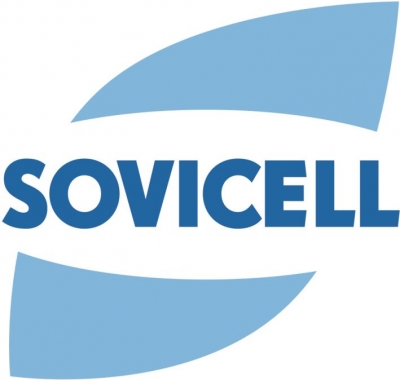Binding proteins, population and individual variability, assay techniques and biases
Plasma protein binding measurements are an essential part of drug metabolism and pharmacokinetics (DMPK) and ADME studies, as it influences efficacy, dosing, clearance, half-life and drug interactions. While the methods to assess plasma binding of drugs have been largely standardized, evidence from clinical studies suggests that standard approaches fail to answer several critical issues.
Disease related changes in the plasma composition can dramatically alter the efficacy of drugs. Such changes are frequently observed in cancer and several other diseases. Failure to address this phenomenon can result in premature death of patients, or failure of phase II clinical trials. Also, individual and population variation of plasma binding can lead to substantial variation in drug efficacy.
Recently, it has been shown that modulating the plasma protein binding of peptide drugs has a profound influence on their half-life. At the same time standard methods for assessing plasma binding fail for peptide drugs. This calls for new approaches for measuring drug binding to individual plasma proteins.
The webinar reviews the science behind variation of plasma protein binding and binding measurements, and highlights recent technological advances that address the issue of changes in the plasma composition as well as peptide plasma binding.
Presented by

Dr. Hinnerk Boriss,
CEO
Hinnerk is CEO and owner of Sovicell GmbH. He's been working in drug discovery for over 10 years and has over 25 years of experience science at the interface of math and biology and developed several clinical diagnostic tests and biochemical assays. His specialty is assay development through a combination of mathematical modeling of assay conditions and wet-lab validation. He received his education in biochemistry, theoretical physics and biostatistics from the University of Göttingen, Germany, the University of California Davis, the Max Planck Institute for Limnology and Stanford University.




